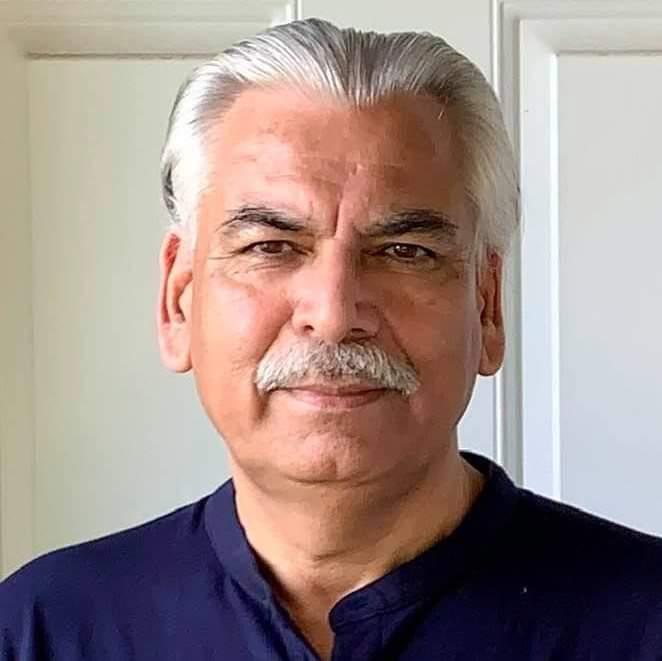Barrister Usman Ali, Ph.D.
A local court in Islamabad has ordered the shutdown of 27 YouTube channels accused of spreading anti-state, false, and inflammatory narratives. This action follows an investigation by the National Cyber Crime Investigation Agency (NCCIA), which found these channels guilty under Section 37 of the Electronic Crimes Act 2016, pertaining to the dissemination of unlawful online content. The court directed the relevant department at Google to immediately block or remove the identified channels.
The verdict has sparked a nationwide debate. Some view it as an attack on freedom of expression, while others consider it a necessary step in the interest of national security and state sovereignty. Without delving into the legal intricacies or the likelihood of the decision being upheld in higher courts, one truth remains evident: freedom of expression is a fundamental right, but it is neither absolute nor unconditional. When such freedom is weaponized to weaken the state, tarnish the credibility of its institutions, and sow division among the public, it ceases to be freedom, it becomes sedition.
Journalism in Pakistan is already under pressure, plagued by insecurity, censorship, and scarce resources. According to Reporters Without Borders, Pakistan ranked 150th out of 180 countries in the 2024 World Press Freedom Index. In this vacuum, a new class of “digital anchors” has emerged, untrained, unregulated, and unaffiliated with any editorial institution. Armed with just a camera, a YouTube channel, and provocative rhetoric, they can reach millions. Their aim is not public awareness or truth-seeking, but to maximize views, subscribers, and ad revenue. Many of these channels openly propagate lies, conspiracy theories, and hate speech against state institutions. Some of the individuals behind these channels were once part of the mainstream media but have since shifted to digital platforms, where they have deliberately adopted a tone aimed at stoking public emotion.
Many of these YouTubers are now residing abroad, having left the country under mysterious circumstances, or perhaps having been facilitated in their exit. Some have even secured political asylum and now operate from foreign soil, broadcasting content that aligns, often quite remarkably, with the narratives of anti-Pakistan forces. These videos frequently cite vague “sources” without evidence or credibility. Their objective is clear: to spread sensationalism, provoke outrage, and fuel instability.
In this entire dynamic, the most vulnerable group is Pakistan’s youth. Disillusioned by traditional media, they have turned to YouTube, Facebook, and TikTok as their primary sources of news. But these platforms reward not factual reporting, but emotional spectacle. The result is a dangerous erosion of boundaries between truth and falsehood, research and rumor, analysis and incitement.
Critics argue that these bans amount to censorship. Indeed, no rational person would support arbitrary restrictions on civil liberties. However, it is equally undeniable that in every civilized and democratic society, freedom of expression is subject to national security, public order, and state integrity. Countries like the United States, Germany, India, and the UK have clear laws allowing legal action against hate speech, disinformation, and anti-state propaganda. Pakistan’s recent action must be viewed through this same global lens, as a legitimate and necessary step, provided it is carried out transparently, legally, and under judicial oversight.
It is the state’s responsibility to ensure that such actions are rooted in law, not political vendetta, so that they do not silence legitimate dissent or critical opinion. On the other hand, these YouTubers must also engage in sincere self-reflection: Are they genuinely seeking reform, or are they leveraging chaos, controversy, and fabricated victimhood for fame, money, and political gain? If they believe they’ve been wronged, legal avenues exist, and courts are open. But if they continue to make noise, incite unrest, and push contrived narratives of persecution, it will become clear that their goal is not reform, but disruption.
In today’s world, narrative is the most powerful weapon. If the state imposes silence by force, that is oppression. But if individuals exploit platforms like YouTube under the guise of truth to spread lies, sedition, and hatred, that too is unacceptable. Criticism and dissent are hallmarks of democracy, but deliberate misinformation, defamation, and anti-state agitation are not freedom, they are malicious intent disguised as free speech.
Pakistan now stands at a critical juncture, where it must strike a new balance between protecting freedom of expression and safeguarding national stability. This balance can only be achieved by promoting media literacy, reviving journalistic ethics, enforcing cyber laws rigorously, and holding every communicator, be they journalist or YouTuber, accountable for the consequences of their words.
This ban is not merely an administrative decision; it is a warning, unbridled freedom, if left unchecked, turns not into liberty, but into chaos. And preventing that chaos is not the state’s burden alone; it is a shared responsibility. If we, as a society, learn to distinguish between truth and falsehood, good and evil, and actively reject those who peddle division, hate, and lies, then neither the courts nor the government will need to intervene. Because truth speaks for itself, and falsehood dies its own death.

